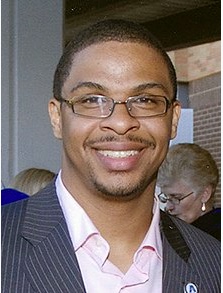Anecdotes Get Headlines. Data? Not so Much.
Steven Pinker was asked to name one thing wrong with the world that he would change. His answer (excerpt):
Too many leaders and influencers, including politicians, journalists, intellectuals, and academics, surrender to the cognitive bias of assessing the world through anecdotes and images rather than data and facts.
Our president assumed office with a dystopian vision of American “carnage” in an era in which violent crime rates were close to historical lows. His Republican predecessor created a massive new federal department and launched two destructive wars to protect Americans against a hazard, terrorism, that most years kills fewer people than bee stings and lightning strikes. In the year after the 9/11 attacks, 1,500 Americans who were scared away from flying perished in car crashes, unaware that a Boston-LA air trip has the same risk as driving 12 miles.
One death from a self-driving Tesla makes worldwide headlines, but the 1.25 million deaths each year from human-driven vehicles don’t. Small children are traumatized by school drills that teach them how to hide from rampage shooters, who have an infinitesimal chance of killing them compared with car crashes, drownings, or, for that matter, non-rampage killers, who slay the equivalent of a Sandy Hook and a half every day. Several heavily publicized police shootings have persuaded activists that minorities are in mortal danger from racist cops, whereas three analyses (two by Harvard faculty, Sendhil Mullainathan and Roland Fryer) have shown no racial bias in police shootings...
People are terrified of nuclear power (the most scalable form of carbon-free energy) because of images of Three Mile Island (which killed no one), Fukushima (which killed no one; the deaths were caused by the tsunami and a panicked, unnecessary evacuation), and Chernobyl (which killed fewer people than are killed by coal every day).



 cuts. Lang proceeds to discuss the mathematics of origami. Beautiful, mathematical and mind-blowing. It's an excellent talk with more than a few laughs along the way.
cuts. Lang proceeds to discuss the mathematics of origami. Beautiful, mathematical and mind-blowing. It's an excellent talk with more than a few laughs along the way.